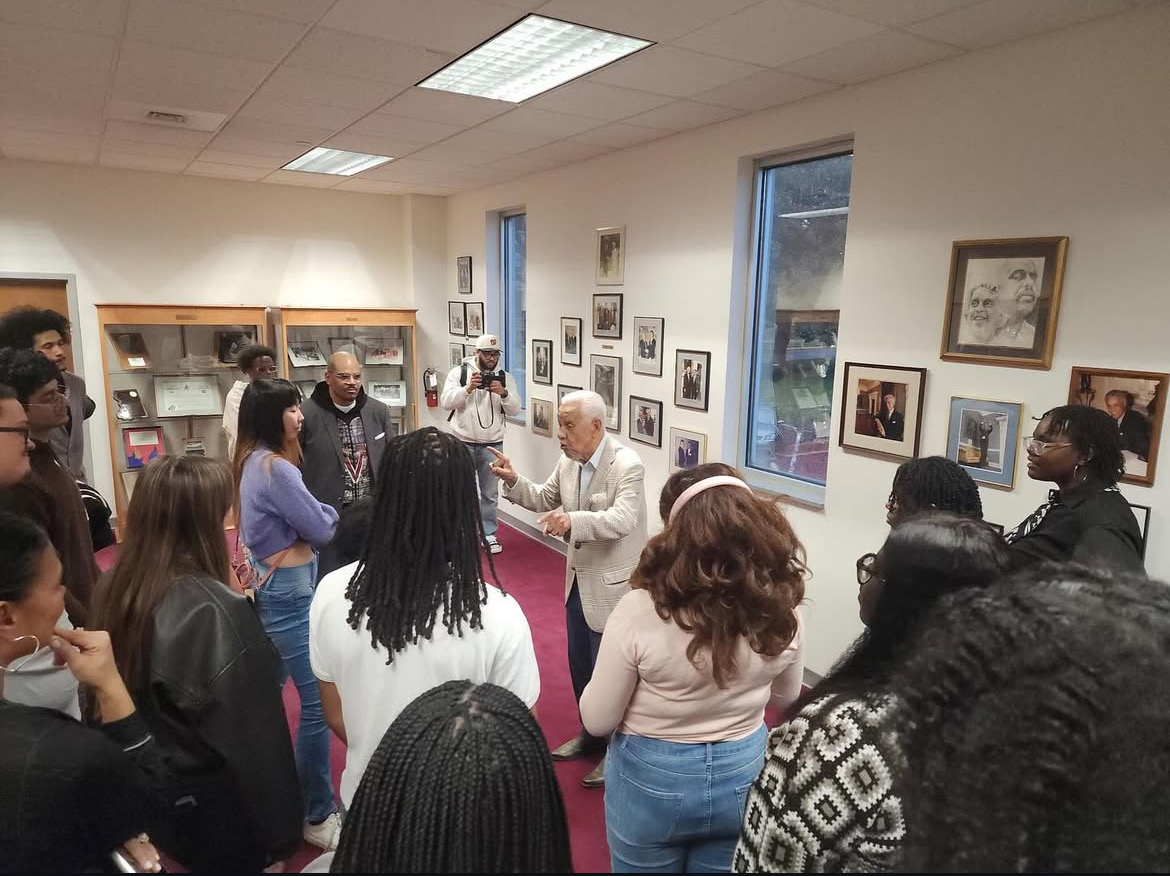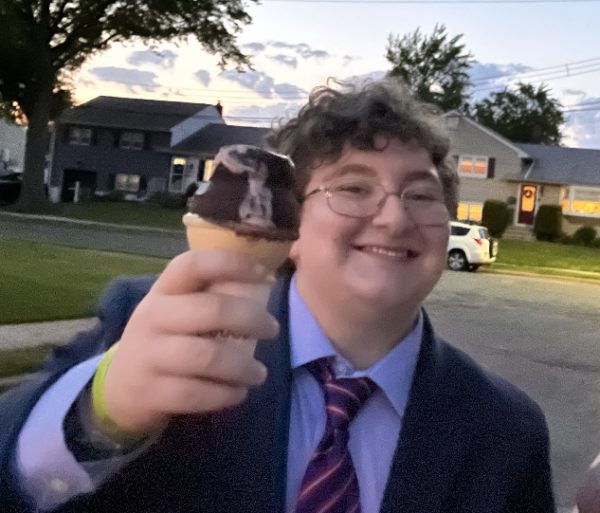I always loved the movie Mulan as a kid. I watched it for the first time on New Year’s Eve of 2016, and what made that movie so captivating to me was the way that Mulan was able to pass and be accepted as a man so quickly. Of course, she gets found out in the end, but that movie stuck with me, as I’m sure it has stuck with many other trans men and non-binary people. I also recall the song “I’ll Make a Man Out of You,” and though the premise was a bit ironic, I always wondered, was this what being a man was all about? Did I have to be as swift as a coursing river or have all the force of a great typhoon to be a man? And if by some Divine miracle, I was able to achieve that, was that all it took?
As I enter into my second year at Carleton, and thus my second year of living openly as a man, I’ve had the time to wrestle with the kind of image I wanted to put out into the world. I’ve started to contemplate what masculinity means to me, what my ultimate goals of medical transition are, and whether I want to fit into the world of cisgender men or stand out. But through all of this, it still doesn’t feel “official.” As I navigate transitioning, hormones, name changes, coming out and passing, I’m still left with the lingering question: When do I actually become a man?
If I were to ask any of my friends, professors, co-workers, chaplains or other important people in my life, they would respond: “Well you’re a man right now, of course!” Rabbis have told me that my soul has always been male, and the soul within me became a man when I turned 13. I had a bar mitzvah in 2021 just before I turned 17, the Jewish rite of passage into manhood, so it would be logical to assume that is when the transformation happened. My 18th birthday, the first time I took testosterone, and when I first came out are all other suggestions I have heard. And while these are all great milestones, signifying monumental change in my life and are to be celebrated, I simply don’t feel like manhood has come yet for me.
While I am absolutely blessed to be surrounded by people that accept me for who I am, and a Carleton community that allows me to live as male, that just isn’t the reality for me once I leave Northfield. I’m still working on coming out to my extended family, and I’m not treated as a man when I go home. Some of the most important people to me back home, aunts, uncles, high-school teachers and old bosses, don’t see me as a man, so how could I think that I have become one already? And while I know that the ability to “pass” as male has nothing to do with a trans person’s actual identity, and I have had the privilege of passing pretty well over the past year, it still makes me doubt the validity of my manhood when a stranger gets my gender wrong, or when I still have to use my deadname in legal and medical environments.
This is not to say that every trans person does or should feel the way I do. There are so many trans and non-binary people that believe from the very beginning that they are a true and valid representation of their gender identity. And I’m not writing this to shame or refute these people; honestly, I envy them. I’m sharing my experiences to show that it isn’t that simple for some trans people, and that the already complex web of masculinity and a person’s place within it is further complicated by being trans.
So, have I become a man yet? The answer to that question is as mysterious as the dark side of the moon, and in reality, I don’t know yet. I definitely feel like a man, but when I look in the mirror and see that my body doesn’t match with what my mind thinks I should look like, I start to have doubts. And while not all trans and non-binary people have these doubts, and most certainly don’t have them for as long as I have, there are more people around you than you may think struggling with being a “real” man, woman or something completely different. If you are trans, I want you to know that you aren’t alone in being doubtful or insecure, and it doesn’t make you any less of your true self to not be 100 percent certain all of the time. And even though it would be hard for me to say this to myself: you are valid, you deserve to be accepted everywhere and by everyone, and if you aren’t, that is the world’s fault, because the world is better off with you, the real you, in it. If you aren’t trans, you should check in on your friends, students, colleagues, employees, advisees and loved ones who are. Sometimes all it takes to ease a struggling trans person’s doubts is a compliment or a gender-affirming interaction.
Manhood is complicated, transness is complicated, and when put together, it can be incredibly difficult to work through. But the more support we can offer to each other, the easier it can be for people like me to accept that we really have been real men all along.











